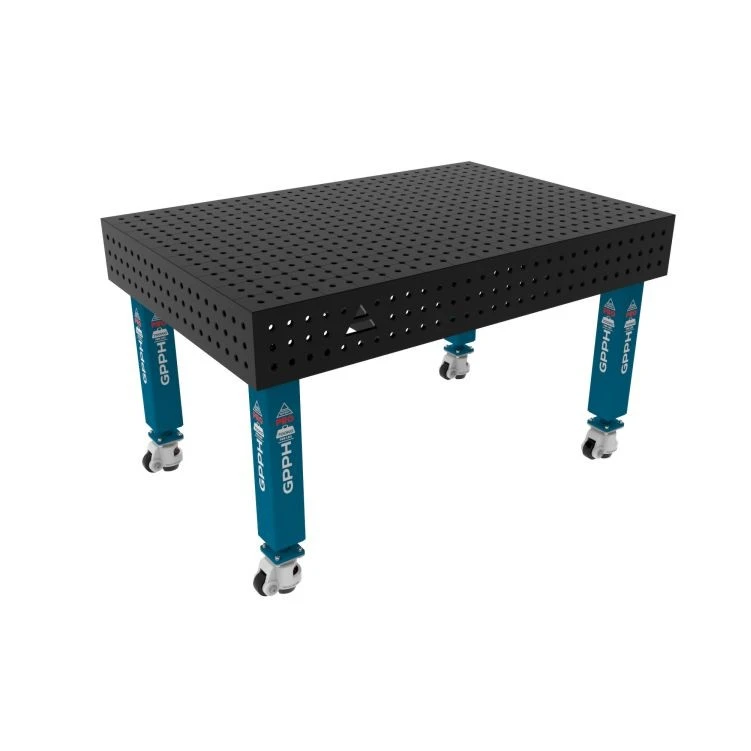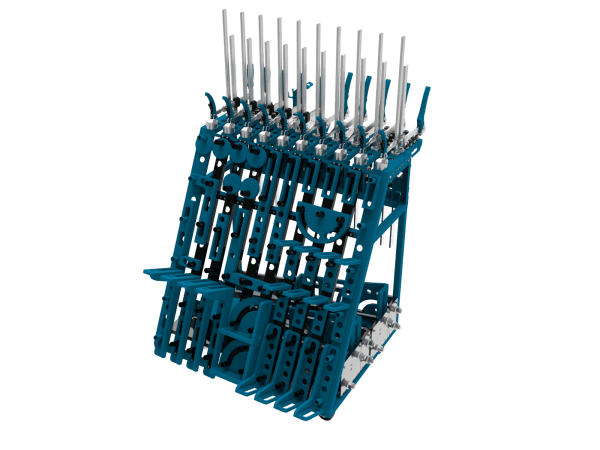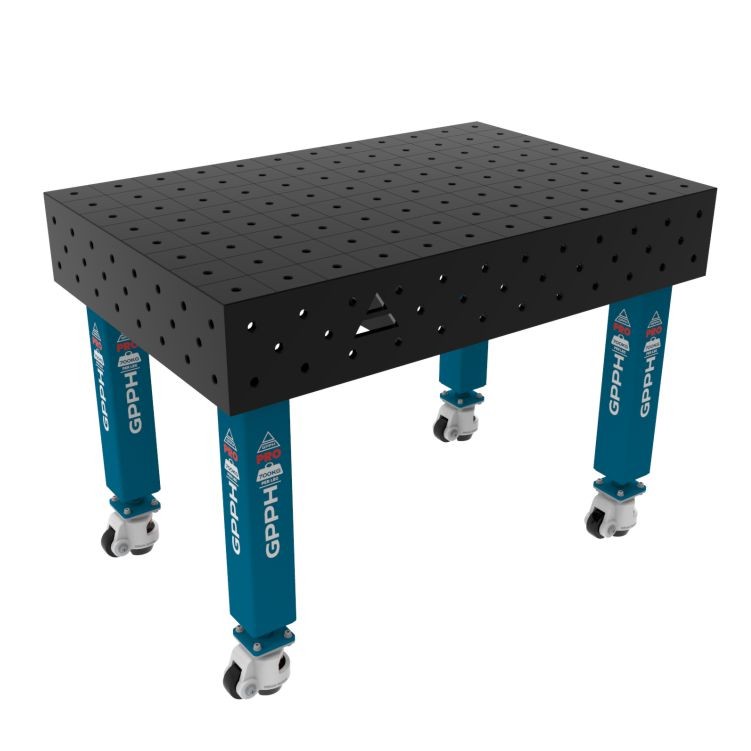Fästklämma med spak
Fästklämma med spak – skruvklämma, som är avsedd för positionering av verktyg och fixering av de svetsade komponenterna på svetsbordet.







Letar du efter ett svetsbord som ger maximal stabilitet, precision och komfort? Vi erbjuder ett brett sortiment av robusta svetsbord som passar olika behov - från kompakta verkstadsmodeller till avancerade modulära bord. Våra produkter kännetecknas av högkvalitativt utförande, hållbara material och moderna lösningar som förbättrar ditt arbete. Välj ett svetsbord som klarar även de tuffaste utmaningarna!

Välj rätt system och nät för obegränsade svetsmöjligheter!
Bästsäljande produkter
Fästklämma med spak – skruvklämma, som är avsedd för positionering av verktyg och fixering av de svetsade komponenterna på svetsbordet.
GPPH CHEM produkterna är endast tillgängliga i dessa länder: Tyskland, Frankrike, Spanien, Italien, Österrike, Rumänien, Sverige, Slovenien, Estland, Nederländerna, Belgien, Irland, Malta, Tjeckien, Slovakien, Ungern, Finland, Danmark, Ukraina.
Fråga din distributör eller vår försäljningsavdelning om tillgängligheten i ditt land.
GPPH CHEM:s spruta är den bästa lösningen för applicering av GPPH CHEM:s professionella kemikalier: PROTECTOR och HD CLEANER.
PROTECTOR är ett koncentrat som skyddar svetsbord mot stänk och är berikat med korrosionsinhibitorer FÖR PROFESSIONELL ANVÄNDNING
HD CLEANER är ett alkaliskt, högkoncentrerat och effektivt rengöringsmedel för svetsbord som är berikade med korrosionsinhibitorer. FÖR PROFESSIONELL ANVÄNDNING
Verktygssats nr 1 PRO innehåller upp till 146 delar - verktyg från ”PRO”-serien. För att hålla din arbetsplats välorganiserad kan uppsättningen dessutom innehålla verktygsvagn M eller verktygsvagn L (att välja mellan) - beroende på tillgängligt utrymme.
Rutnätet 100x100 mm är det mest mångsidiga, medan rutnätet 50x50 mm ger dig fler alternativ för att fästa verktyg.
Valet är upp till dig!
Tjockleken på bordsskivan påverkar svetsbordets ergonomi och hållbarhet
Genom att välja en tjockare bordsskiva får du möjlighet att svetsa tyngre delar och strukturer